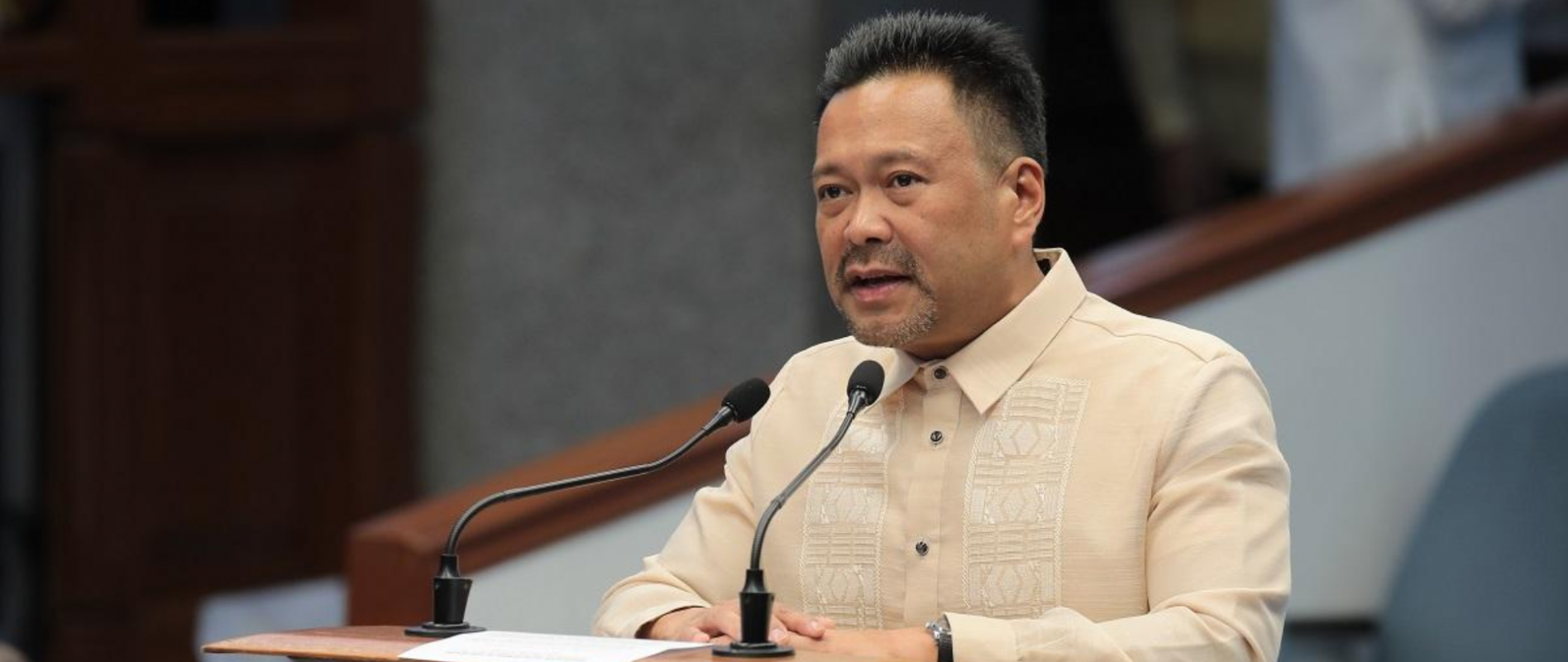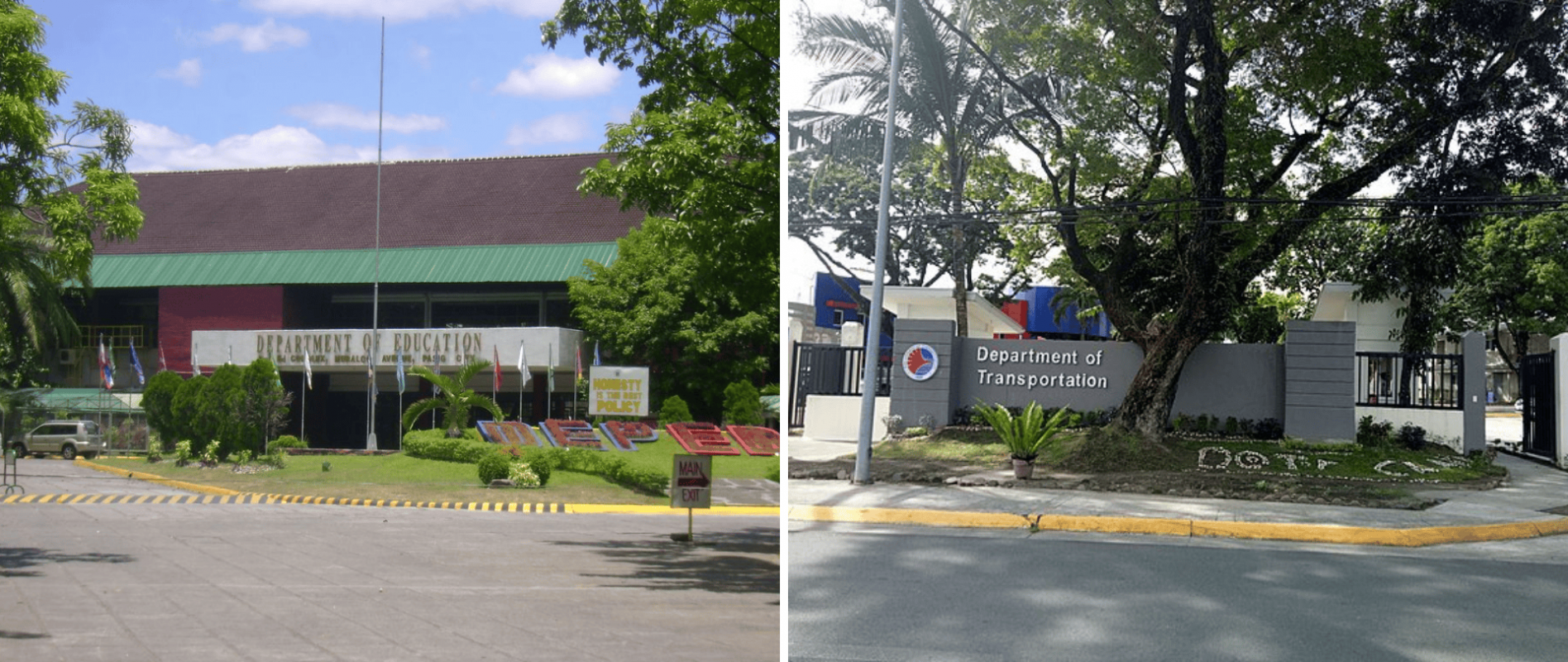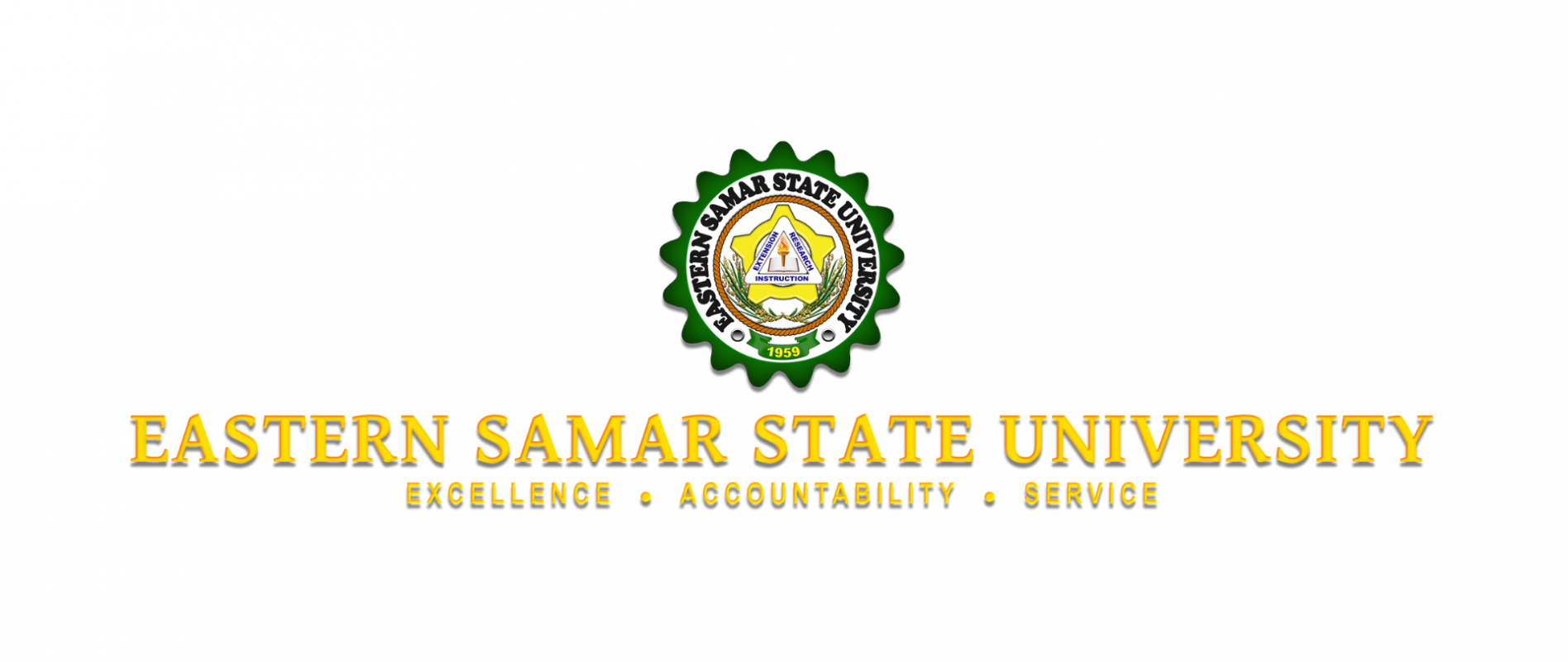GROUP QUESTIONS ARBITRARY ORDER FOR ‘ENRICHMENT CLASSES’
THE ALLIANCE of Concerned Teachers questioned the order of the Department of Education instructing schools to conduct enrichment classes two weeks before the end of the school year.
THE ALLIANCE of Concerned Teachers questioned the order of the Department of Education instructing schools to conduct enrichment classes two weeks before the end of the school year.
Enrichment classes are for Grade 1 to 11 students who got a grade of 75 to 79.
“Was this move even consulted with experts, school administrators, teachers, parents and even students? While attending enrichment class is voluntary, all of a sudden, parents are confronted with the dilemma of possible additional expenses for the prolonged school days for their children, while teachers are anxious if their period of rest will be disrupted by this hasty order,” Vladimer Quetua, the group’s spokesperson, said.
“Biglaan at hindi lapat sa lupa ang patakarang ito. Hindi handa kapwa ang mga estudyante at guro para rito. Ang malamang na mangyari, hindi magboboluntaryo ang mga estudyante na pumasok sa enrichment class o ‘di kaya’y lilikha ito ng artipisyal na pagtaas sa mga grado para maiwasan ang patakaran. Kung kaya wala itong saysay, bagkus ay lumilikha lamang ng ‘di kinakailangang kalituhan at pagkabalisa sa lahat,” Quetua explained.
He questioned the effectiveness of the measure that is supposed to address the learning gaps caused by the sudden shift in learning modalities due to the pandemic.
“Napakalaki ng problema ng learning crisis at hindi naman masosolusyunan ang mga learning gaps na ito ng kautusan na ineengganyo ang mga estudyante na magklase pa ng dagdag na 2 linggo. Malinaw na band aid solution lamang ito at pahirap pa sa mga guro at estudyante na wala namang tiyak na makabuluhang resulta” he added.
“It would be best for the Department of Education to start this by assessing the students to concretely see and understand the nature and extent of the learning crisis. From here, necessary measures and adjustments in the curriculum and pedagogy must be done to address the learning gaps that are observed across the student population, while special intervention measures can be crafted to assist learners who are falling behind,” Quetua said.














